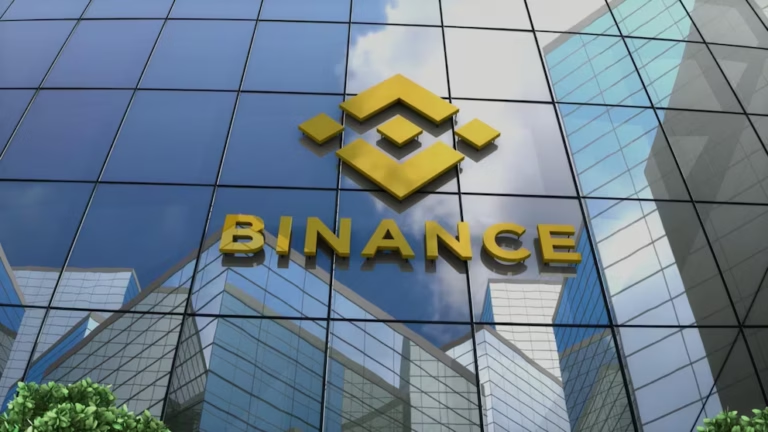Cryptocurrency giant Binance offered Nigeria a $5 million down payment as part of its four-year tax liability in a bid to secure the release of its detained executive, Tigran Gambaryan, last year. However, Nigerian authorities rejected the offer outright, viewing it as inadequate and insincere.
The offer was made in August 2024 during frantic negotiations for the release of Gambaryan, Binance’s head of financial crimes compliance. He had been detained on February 26, 2024, after allegedly failing to cooperate with law enforcement investigating how crypto exchanges, including Binance, disrupted Nigeria’s economy and caused significant financial losses.
Although Gambaryan was later released in October 2024 on humanitarian grounds, legal battles against Binance continue.
Nigeria’s Case Against Binance
Nigeria accuses Binance of:
- Operating illegally in the country for six years without the required licenses.
- Violating the Money Laundering Act by failing to comply with financial regulations.
- Enabling currency speculation through its peer-to-peer (P2P) marketplace, which allegedly disrupted foreign exchange rates.
- Encouraging capital flight by diverting import payments away from regulated financial channels.
Binance acknowledged in a February 24 letter to Nigeria’s National Security Adviser that it had operated illegally and revealed it had 386,256 active users in Nigeria, with a 2023 trading volume of $21.6 billion and net revenue of $35.4 million.
The Failed Negotiation
Nigeria demanded Binance settle its four-year tax liability (2020-2023), plus 10% annual interest on unpaid taxes. However, Binance contested the total tax owed, estimating it at around $7 million.
In an August 2024 meeting, Binance proposed:
- A $5 million down payment into an escrow account, to be released only after Gambaryan’s release.
- Further negotiations on tax liability, assisted by accounting firm Baker Tilly and blockchain analysts Chainalysis.
- Providing Nigeria with data on its top 100 Nigerian users.
Nigeria dismissed the offer as unserious, instructing its legal team at White & Case LLP to reject it. The situation worsened when a Binance lawyer allegedly suggested that Gambaryan was being held “hostage” and that the U.S. government might retaliate. This led Nigerian officials to abruptly end the negotiations.
A Nigerian official, speaking anonymously, expressed frustration:
“Given the scale of Binance’s operations and the economic damage caused, we should be asking for more. They handed over data to U.S. authorities—why treat Nigeria differently?”
Binance Faces Legal Battles in Nigeria
Nigeria is now pursuing two legal actions against Binance:
- A $35.4 million money laundering case, initially naming Gambaryan and Nadeem Anjarwalla (Binance’s Africa Regional Manager) as defendants. Charges were later amended in November 2024, removing their names.
- A case accusing Binance of:
- Operating financial services without a license (Penal Code Act, Section 97).
- Running an unlicensed financial institution (Banks and Other Financial Institutions Act, Section 58(5)).
- Illegally setting foreign exchange rates (Foreign Exchange Act, Section 29(1)(c)).
The Fallout
Nigeria’s rejection of Binance’s offer highlights its tough stance on unregulated crypto activities. With legal proceedings ongoing, the case could set a precedent for how nations regulate and tax global cryptocurrency exchanges operating within their borders.

